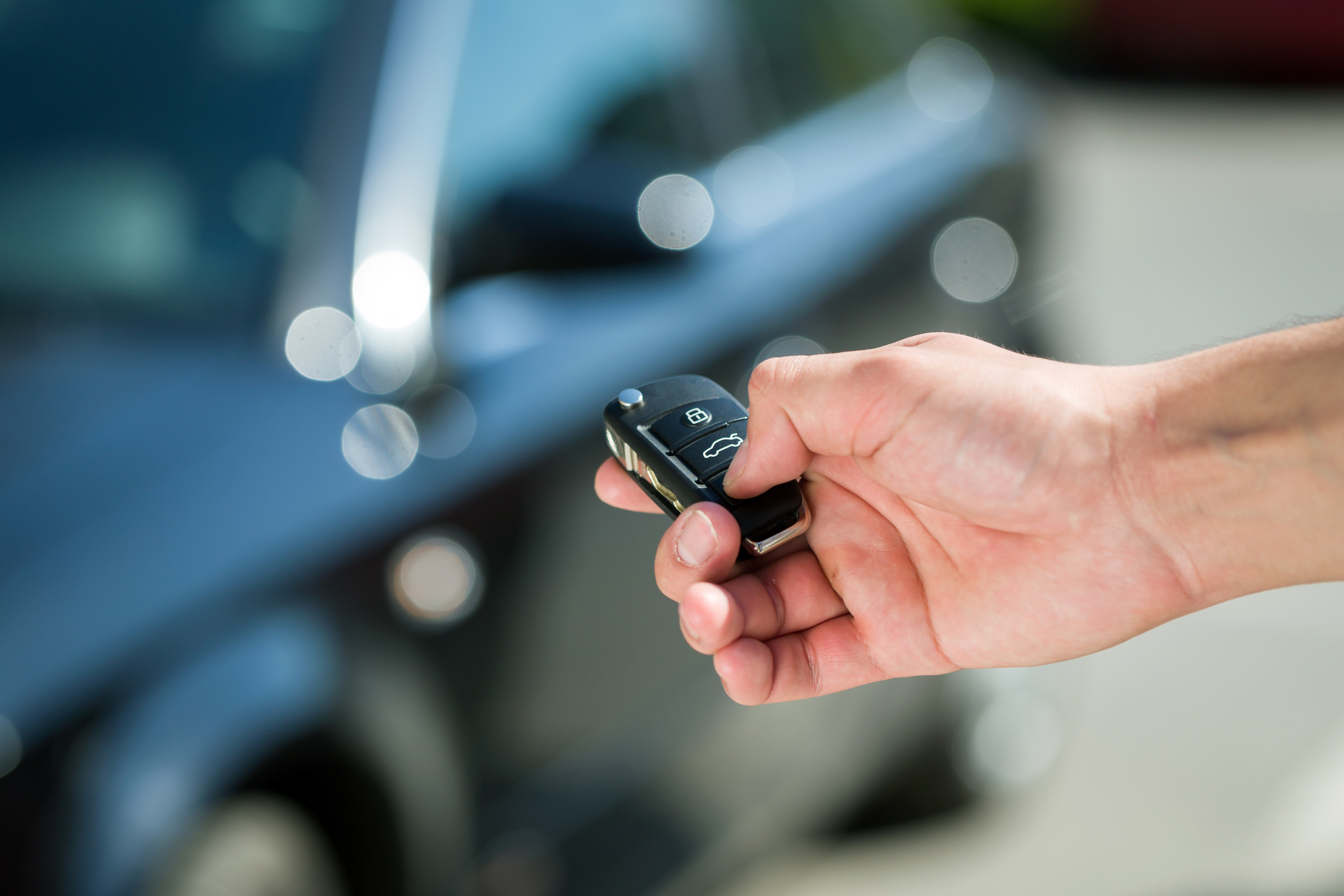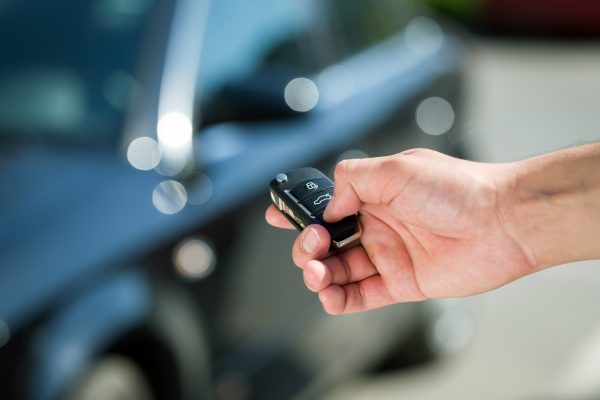Read time: 2 minutes, 30 seconds
During the COVID-19 lockdown car use fell by 80% and many people, myself included, started to consider whether they still needed a car. Both for the global emissions reductions seen from March-May of up to 26%, but also from a financial standpoint.
However, with public transport operators still asking passengers if they can travel via alternative means, the car is now seen as safer and a socially distanced way to get around. If you are not a car owner, purchasing a vehicle for short-term use until advice changes can not only hurt your bank balance, but will also increase your carbon footprint.
An answer could lie in car club schemes. As a member of a single-car household, I know only too well the struggle when both parties need to travel by car to different destinations. Luckily, my partner is a member of a car club. When he needs a car, he can book one through an app, unlock it from a nearby carpark using his phone and drop it off at a different designated spot if needed.

During this time, car clubs have also implemented enhanced cleaning measures, with touchpoints such as gearsticks and steering wheels fully santised between driver changes. A contactless transaction, using a car club means that people can travel where they need to safely, while the use of public transport is still being monitored.
Using a car club promotes a more considered use of a car and many schemes have electric options, so you can test-run a more sustainable vehicle before committing to your own, if that is something you choose to do.
The stats look good too. According to Collaborative Mobility UK (CoMo UK), every car club vehicle takes 10 private cars off the road, with long-term members decreasing their annual household mileage by 793 miles. Looking at carbon emissions, car club vehicles emit 43% less carbon from tailpipe emissions compared to the average UK motor, due to the range of energy-efficient cars used in the schemes.
Financially, becoming a member of a car club means that you don’t have the long-term expense of running and maintaining a car, which can be thousands of pounds a year. Of course, there is a cost involved with car club membership: an annual charge of around £60 is typical, plus a rental fee of around £3-4 an hour on top of paying for mileage. However, studies have shown that city drivers could save £1,500 a year by using a car club.
For those looking for a short-term alternative to the train or bus during COVID-19, car clubs could be the answer. In the long-term, if you are unable to get around on foot or by bike and do not need to travel daily, ‘borrowing’ a car can be a sustainable long-term option for the environment and your wallet.








